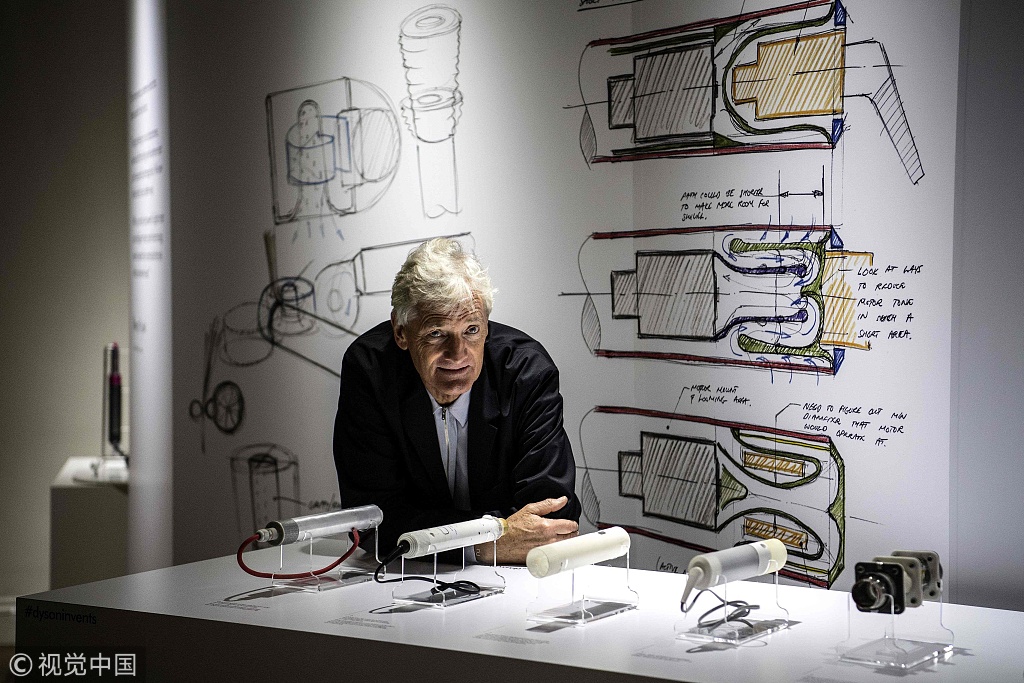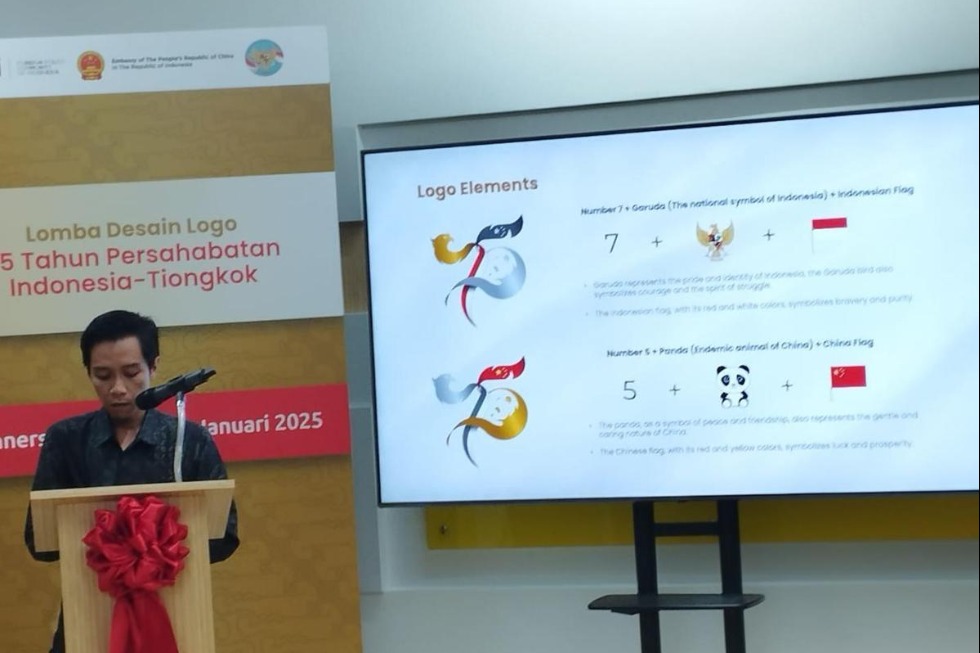Dyson to build electric cars in Asia


British technology company Dyson will not build its new electric cars in the United Kingdom, opting instead to manufacture in Singapore due to its proximity to China, the world's largest electric car market.
In a memo to staff this week, Dyson chief executive Jim Rowan said that the company would commence construction on a car plant in Singapore in December, which will be completed in 2020.
The decision to build the plant abroad has led to controversy in the UK. Dyson founder and chief engineer James Dyson is a supporter of Britain's departure from the European Union, stating that British manufacturing could benefit from Brexit.
"It's strange Brexiteer James Dyson has so little faith in the prospect of the UK leaving the EU that he is manufacturing his electric cars in Asia," said Vince Cable, leader of the Liberal Democrat party.
Ian Murray, a Member of Parliament for the Labour Party and member of anti-Brexit campaign group Best for Britain, said: "When even someone who claims there will be a resurgence in British manufacturing after Brexit isn't prepared to put his money where his mouth is, it raises serious questions about the future of our economy."
Dyson, most known for its vacuum cleaners and other household appliances, revealed two years ago that it had initiated a 2-billion-pound ($2.59 billion) project to design an electric vehicle.
James Dyson said last year that the company was considering the merits of establishing the manufacturing site in either the UK or Asia.
In the memo, Rowan said that Singapore offers an extensive supply chain and skilled workforce as well as access to "high-growth markets". Over 1 million electric cars were sold around the world in 2017, with more than half of global sales in China, according to the International Energy Agency.
Dyson already employs 1,100 people in Singapore, where the company produces motors for some of its household appliances.
"The decision of where to make our car is complex, based on supply chains, access to markets, and the availability of the expertise that will help us achieve our ambitions," said Rowan.
The United Kingdom is among the largest makers of combustion engine vehicles in Europe. The government has ambitions to lead electric car production in the region, though this may prove a tall order due to Brexit, says Julia Poliscanova, manager of clean vehicles at the European Federation for Transport and Environment, also called the EFT&E.
"Brexit creates difficulty for the UK to lead in e-mobility," Poliscanova said in a previous interview. "If they are outside of the bigger European market, and if there are tariffs, it will be very difficult to attract companies to develop products."
Out of the 17 major electric vehicle production investments made by automakers during the last year - which total 24.9 billion euros ($28.4 billion) - 10 have gone to China, seven have gone to France and Germany, and none have gone to Britain, according to the EFT&E.

































